It was just too perfect: Paul McCartney’s Got Back tour would be coming to my parents’ nearest big city just days before my dad’s 70th birthday. My dad, especially as he gets older, has never been all that interested in celebrating his birthday. He’s a reluctant gift recipient, but his favorite ones tend to be unremarkable and practical — socks, an LED flashlight, a six-pack of his preferred craft beer. I’ve never seen him as excited for his own birthday or as eager to accept a birthday gift as he was when I told him I’d be taking him to see Paul McCartney at Albuquerque’s Isleta Amphitheater.
My dad was eight years old on February 9, 1964, the day the Beatles made their American TV debut on The Ed Sullivan Show. He’s pretty sure his parents were too busy to watch; he’s almost certain his older brother and sister were watching with him. My dad doesn’t recall a ton of miscellaneous details about watching the Beatles on Sullivan except for the performance itself, which he remembers vividly. “I’d hate to have to open for Paul McCartney,” Dad told me last week on the way to the concert. “There were some other guys performing on Sullivan that night, but I just remember thinking, ‘Bring on the Beatles!'” My dad’s childhood, to put it simply, was rough. When food was scarce, when his parents were working late again, or when his family had to move house to yet another small Texas town, he consistently found comfort in his Beatles records.
But Dad never got to see the Beatles live. They played their only Texas concerts in Dallas in 1964 and Houston in 1965, but spending the time and money for such an excursion was simply out of the question. And so my dad remained a devotee from afar until the Beatles broke up in 1970. Dad, admittedly, never became quite as invested in any of the Beatles’ solo careers. He adored the Beatles’ music, but a lot of what drew him in as a kid was their collective persona as a band: These lads, like him, turned to music as an escape from their difficult childhoods. He loved that they were friends first and that they each had a whip-smart sense of humor, allowing them to function almost like a British Three Stooges in their first film A Hard Day’s Night — which Dad begged a family friend to take him to see in theaters when it came out in 1964, too.
My dad and my mom are compatible in every capacity except for their music taste; the Beatles are one of the few artists they both enjoy, and so I like to joke that the Fab Four are my auxiliary parents. I was made a lifelong Ringo girl when my parents showed me A Hard Day’s Night as a little kid for the first time, and I spent countless mornings in my dad’s car on the way to school staring at the CD cover to Sgt. Pepper’s Lonely Hearts Club Band, learning to harmonize to “Lucy In The Sky With Diamonds.” Whenever we were out in public or watching TV as a family and a Beatles song would play, my parents would always ask me, “Who’s this, Abby?” It was a few years before I realized they only asked me that question when it was a Beatles song. At least they got a kick out of it.
All of that is to say that seeing Paul McCartney live with my dad on Oct. 7 was an inexplicably huge deal for both of us. Isleta Amphitheatre is relatively small compared to the stadiums Macca sells out in larger cities, and I get the sense that the venue isn’t really equipped for someone as huge as him — parking was a nightmare, and we overheard a lot of antsy, desperate voices as we all trudged towards security packed like sardines. McCartney opened with “Help!” right as Dad and I got our tickets scanned, and as we hustled to our seats, we were stunned. There he is. At last, we can personally confirm that he’s not dead.
At 82, Paul McCartney’s voice doesn’t sound the same as it did 60 years ago — we certainly weren’t expecting it to — but being as close as we were, we can also personally confirm that the dude can still absolutely shred. I think he still shines brightest on bass, his primary instrument, but he can also effortlessly move between acoustic guitar, piano, mandolin, and ukulele. The latter instrument he brought out in tribute to George Harrison, performing the Harrison-penned “Something” after telling the crowd it was one of the first songs he learned on the instrument. (That’s the most I’ll ever appreciate a ukulele cover in my life.) McCartney also paid tribute to John Lennon with a rendition of “Here Today,” the song he wrote the year after his songwriting partner was murdered in 1980. “Back then, us Northern Men weren’t telling each other ‘I love you’ enough,” McCartney said, one of many times he reminded us to proclaim appreciation of our own loved ones frequently.
History has a funny way of erasing the political backstories of Beatles classics like “Blackbird,” inspired by the civil rights movement, and “Lady Madonna,” an ode to working-class women. Before playing “Blackbird,” McCartney recounted the story of when the Beatles refused to play in Jacksonville, MS on one of their early US tours because the venue was racially segregated. “I thought, ‘Well, that’s stupid,’” McCartney said matter-of-factly. (The venue eventually gave in and let Black audience members sit where they wanted, and the show went on.) As McCartney performed “Lady Madonna,” the screen behind him showed photos of women of various backgrounds, including Greta Thunberg, whose inclusion set off a round of applause. Though McCartney didn’t explicitly mention the genocide in Palestine, Thunberg’s inclusion felt particularly notable, with the Swedish activist having become a spokesperson for the Gaza Freedom Flotilla this year.
As McCartney returned to the stage for the encore, he and three of his band members waved four flags total: the American flag, the Union Jack, the New Mexico flag (he always nods to the state he’s performing in), as well as the Progress Pride flag, which updates the classic Pride rainbow to denote the crucial role of transgender people and people of color in the queer liberation movement. When a lot of his contemporaries set themselves on the wrong side of history, McCartney’s live show provides a breath of fresh air.
For my dad, the Got Back tour was somewhat bittersweet: Odes to Lennon and Harrison are stark reminders to Dad that he’s never been able to see his favorite band perform live in concert. But I think I speak for both of us when I say it also renewed our appreciation for McCartney, someone who so clearly loves what he does and eagerly extends appreciation to those who allow him to continue doing it. More than he’s the “Cute Beatle,” he’s a love enthusiast and a bridge between generations. He’s one of the reasons my dad and I each independently got into music, a shared trait that’s deepened our bond as I get closer to the age he was when he introduced me to the Beatles for the first time. For that, I’m more grateful than I’ll ever be able to put into words.

.jpeg)





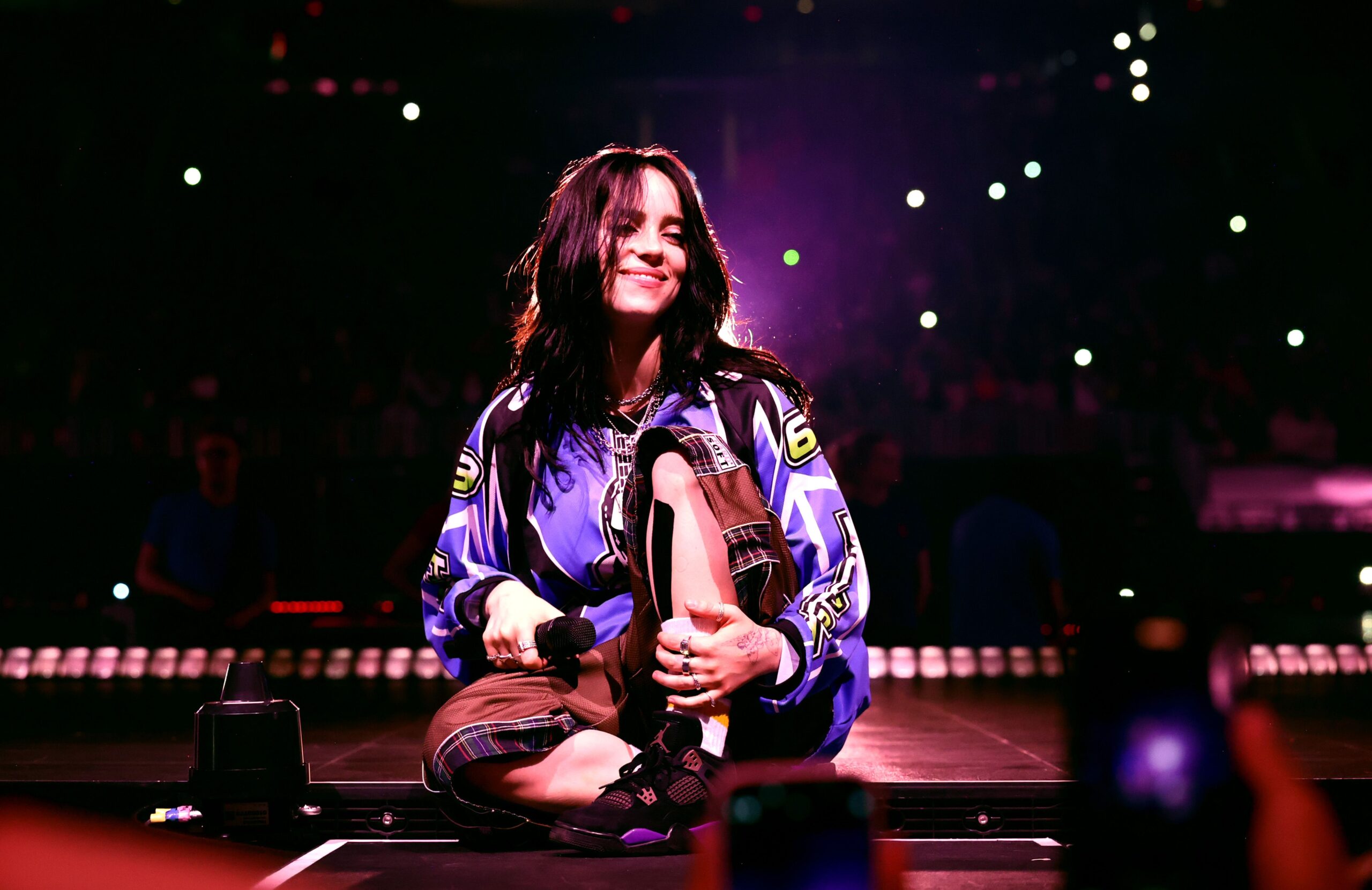





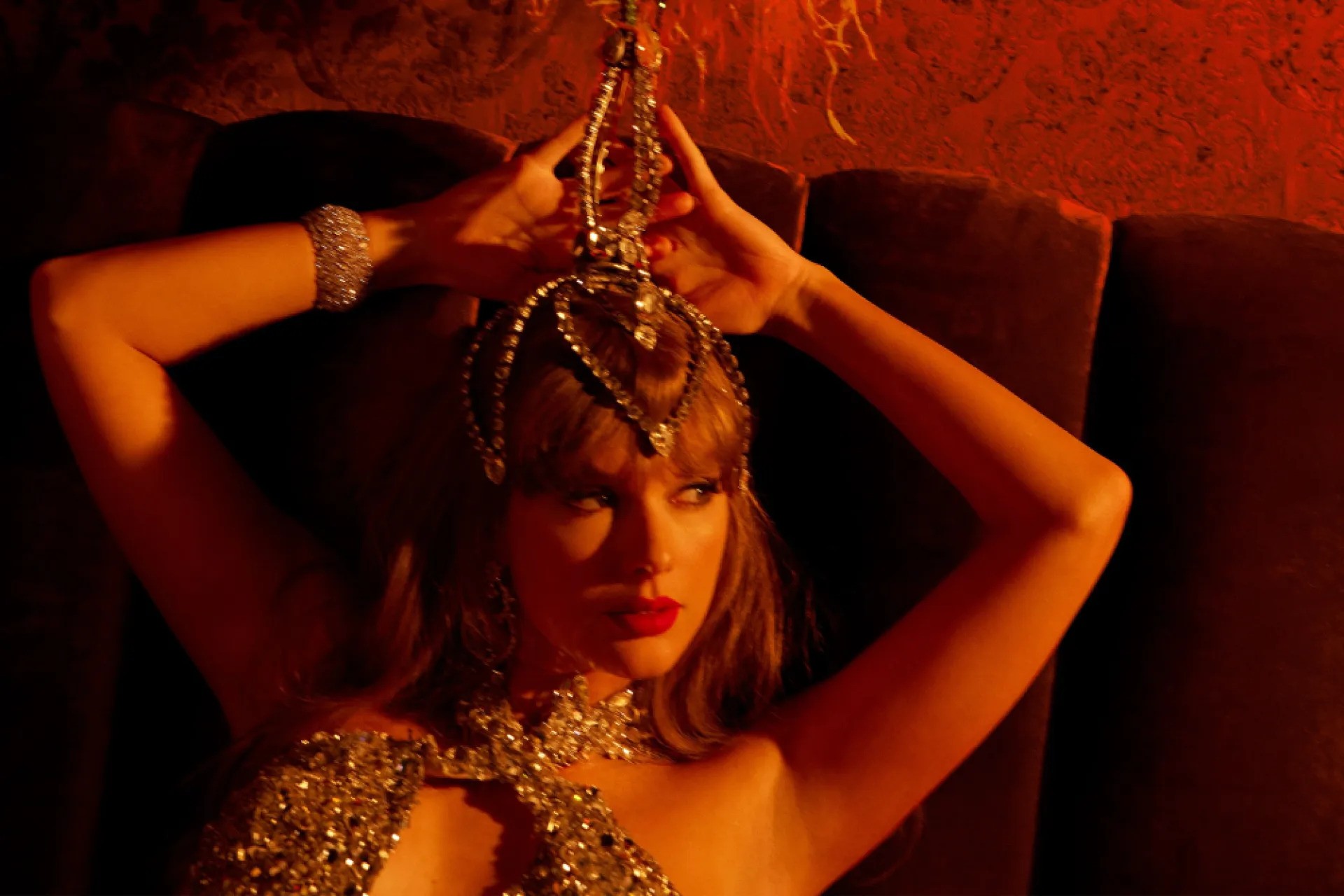


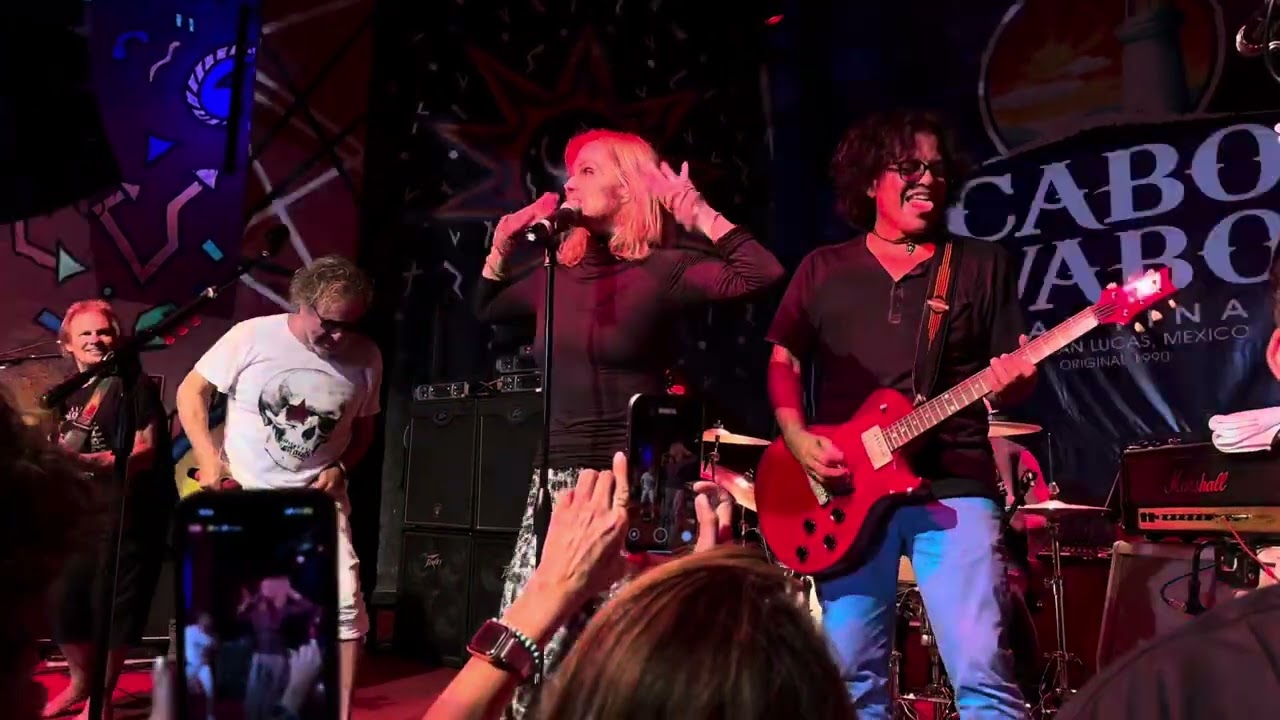


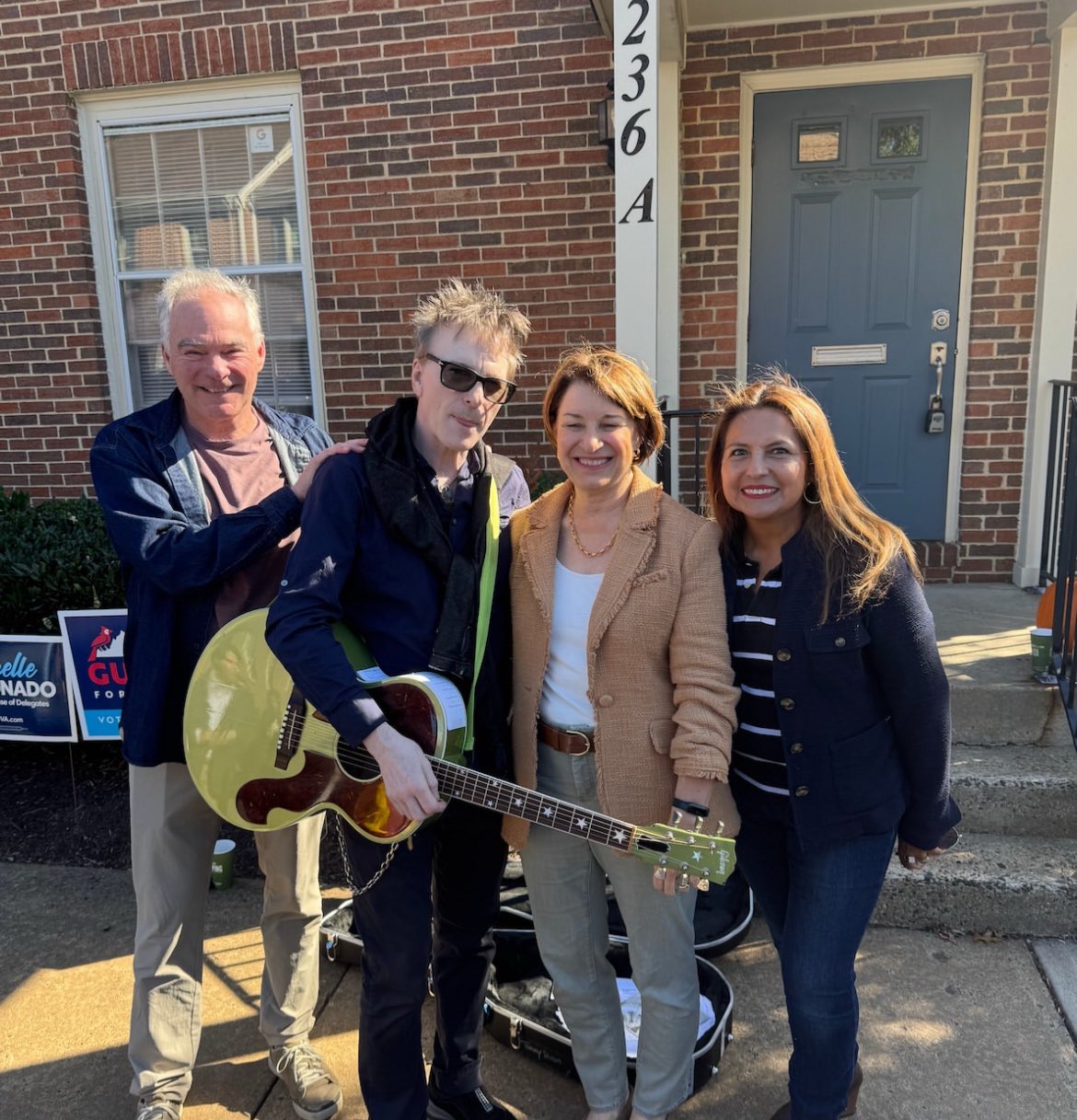
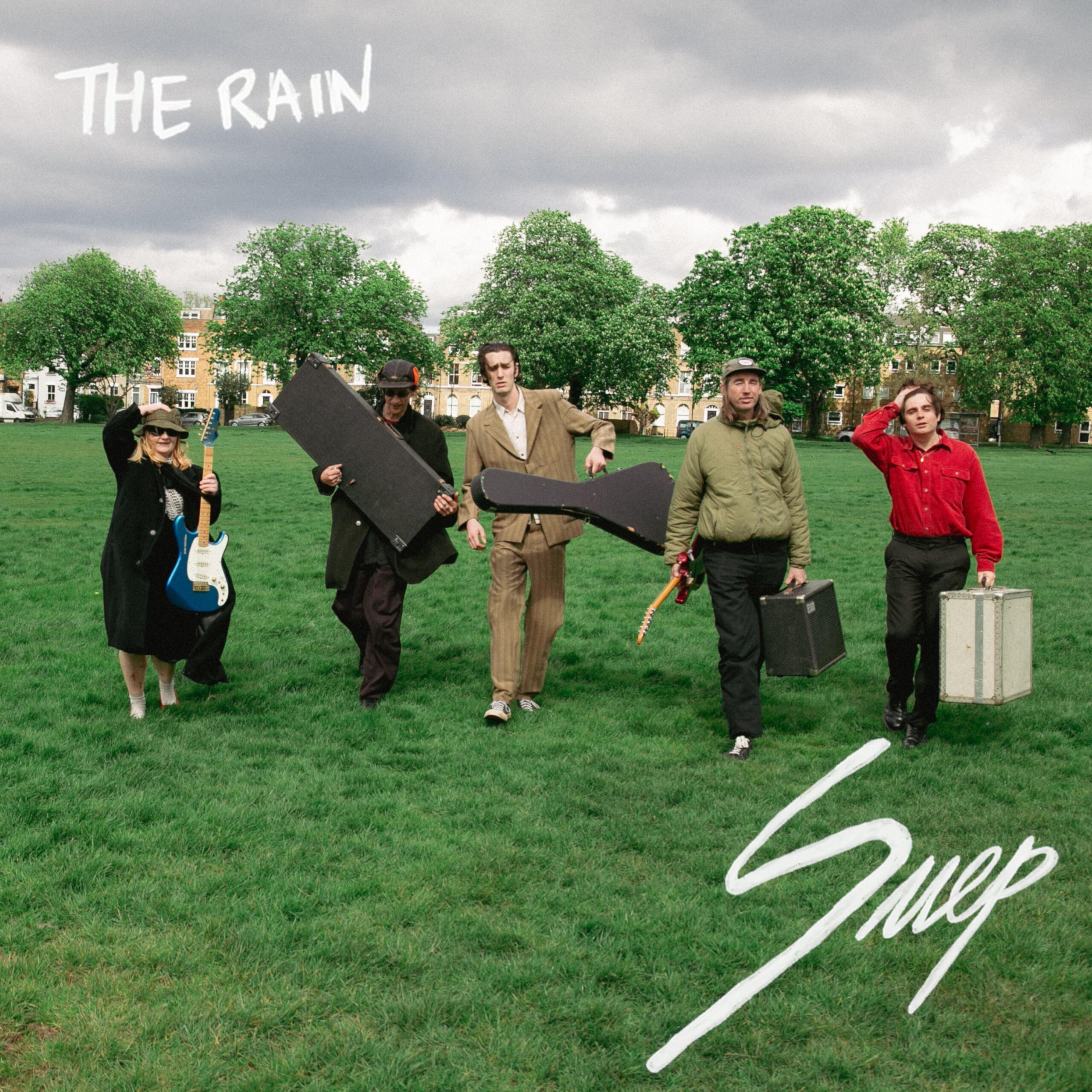
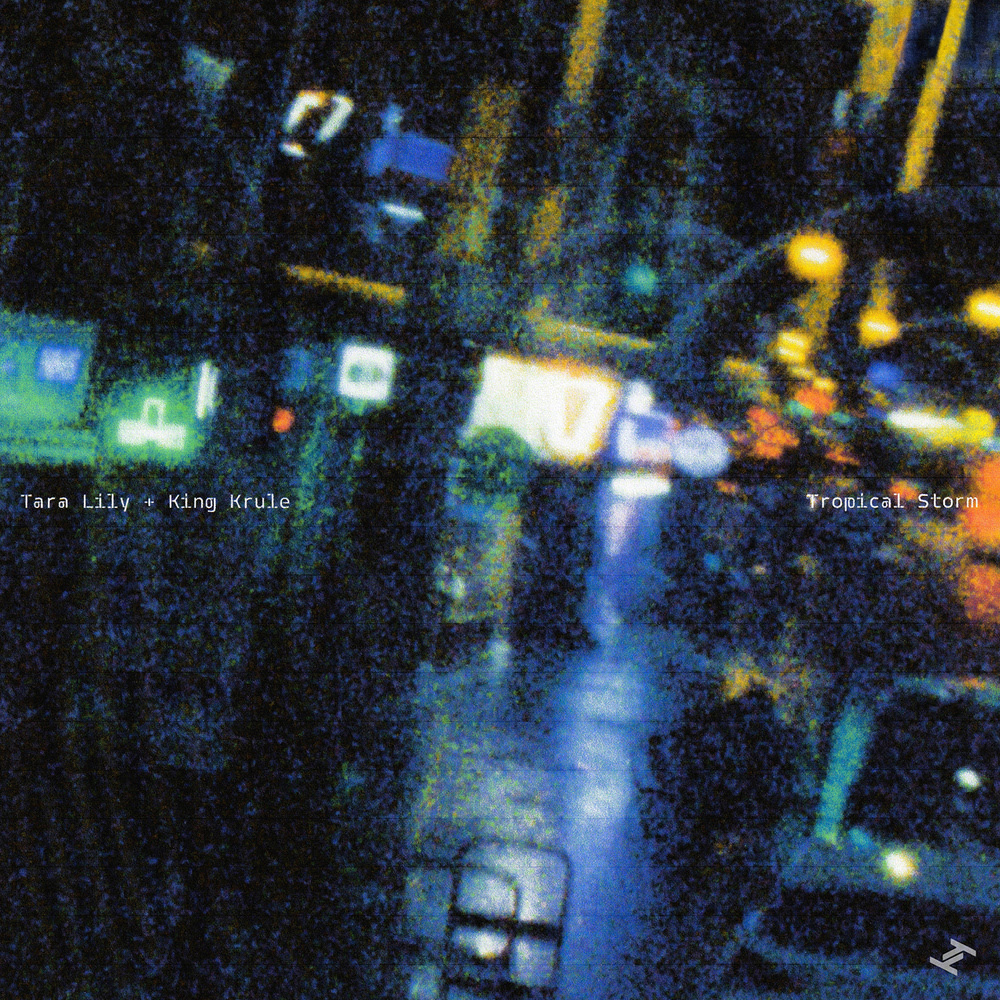



.jpeg)













 English (US) ·
English (US) ·